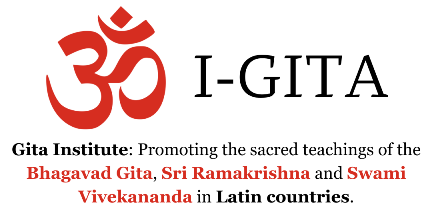Confucian Ethics. Golden Rule. Zhang Ruimin

Golden Rule of Confucianism: Do not do unto others what you do not want others to do unto you
- Ethical Principles of Confucianism
- Five fundamental principles of Confucianism: Education - Ritual (Li), Humanity (Ren), Superior man (Jun Zi), Power (Te), arts of Peace (Wen)
- The Confucian Middle Way
- The Man morally superior
- Right words
- Golden Rule of Confucianism

The Subject “Principles of Confucian Ethics” belongs to the following Online Programs taught by EENI Global Business School:
Doctorate: Ethics, Religion & Business.
Masters: Religions & Business, International Business.
Course: Taoism, Confucianism & Business.
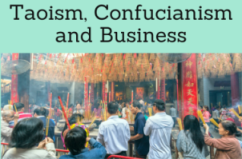
Languages:  or
or  Ética Confuciana
Ética Confuciana  Éthique confucéenne.
Éthique confucéenne.

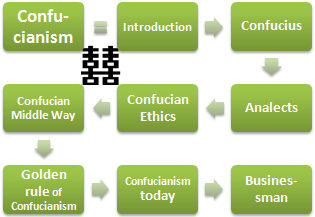
Sample - Confucian Ethics
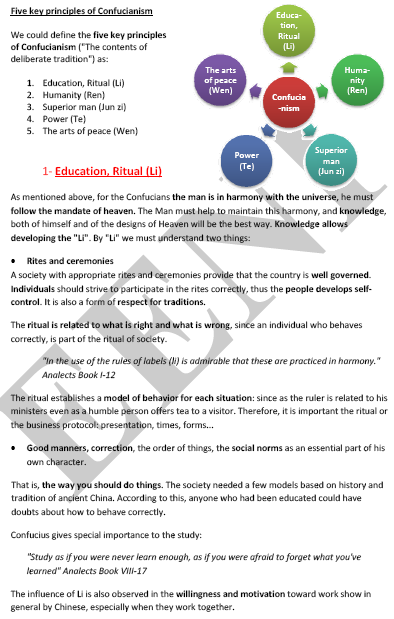
Confucius fought against the concept of a feudal society, seeking a way to structure the society so that the positions of responsibility were occupied by the “superior moral man.” A revolutionary idea, both in his and our times.
In Confucianism, both the man and the society in which he lives are a small part of the universe. The universe is immersed in a order, in a harmony. Any attempt to break this harmony creates troubles, at this point coincide with Taoism. Somehow, this concept creates a sense of predestination.

The “Golden Rule” of Confucianism
Perhaps the following sentence of Confucius is already known to the reader:
“Do not do unto others what you do not want others to do unto you.”
We can found this “golden rule” in virtually all the higher religions in the World. Moreover, is the cornerstone of the Confucian Ethics. In the Analects is cited three times:
Zigong said: “What I do not want to be done to me, I do not want to do to others.”
Confucius said, “You have not yet reached this perfection.” Analects Book V-11
In XV-23 is repeated in a similar way.
“Confucius “The Benevolence is not to do to others what you would not want to be done to yourself” Analects XII-1”
The five fundamental principles of Confucianism - (“The contents of deliberate tradition”):
1. Education, Ritual (Li).
“Study as if you never learned enough as if you were afraid to forget what you have learned.” Analects.
2. Humanity (Ren).
“Self-control and insistence on rites are what will result in Benevolence (Ren). Benevolence comes from yourself, not from others.” Analects Book XII-1
“Ren is to love others.” Analects Book XII-22
3. Superior Man (Jun zi).
“The superior man is centered on justice, the vulgar in the benefit.” Analects 4-16
4. Power (Te) “Te is the power by which men are governed.”
The right thing is not implanted in society or by force or by law, but by the influence of people admired and respected. If the leader is inept, society does not work.

5. The Arts of Peace (Wen).
“Let the will be set on the path of duty. Let every attainment in what is good be firmly grasped. Let perfect virtue be accorded with. Let relaxation and enjoyment be found in the polite arts” Analects VII-6
The General Director of Haier, Zhang Ruimin or the Director of Evergreen (Taiwan), Chang Yung-fa, are good examples of managers with Confucian values.
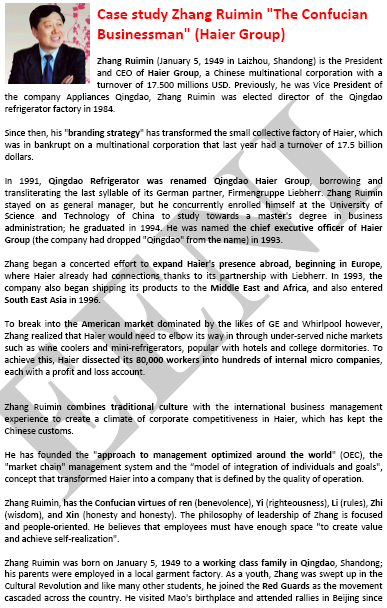
Confucian Dynamism
The Chinese scientists and expert M. Bond (1987) have developed a new approach to the Intercultural Negotiation that includes traditional Asian values. The Confucian Dynamism means the extent to which a society shows a pragmatic future-orientation, compared to a conventional historical perspective view from a short-term perspective.
Confucianism has significantly influenced to Peter Drucker. He describes the Confucian ethics as a guide to the ethics of the Organizations: “It is that has been more successful and longest running: Confucian ethics, the interdependence.”
(c) EENI Global Business School (1995-2024)
We do not use cookies
Top of this page




